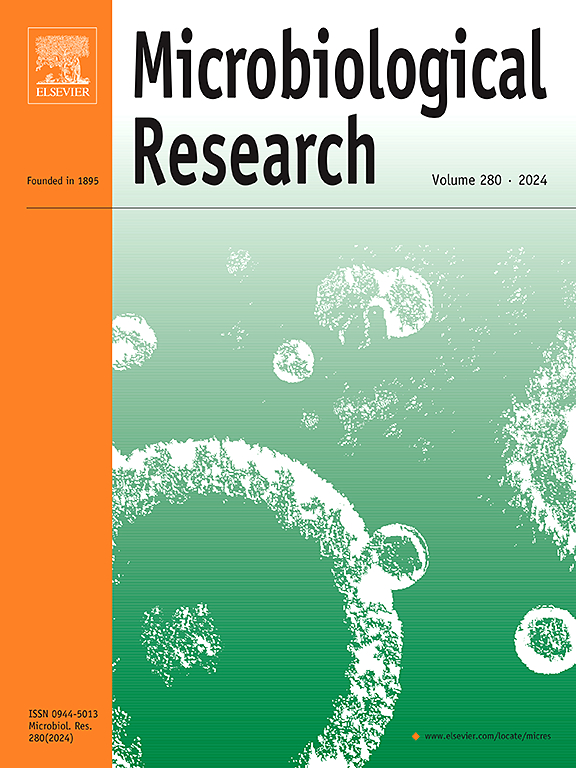From probiotic chassis to modification strategies, control and improvement of genetically engineered probiotics for inflammatory bowel disease
IF 6.1
1区 生物学
Q1 MICROBIOLOGY
引用次数: 0
Abstract
With the rising morbidity of inflammatory bowel disease (IBD) year by year, conventional therapeutic drugs with systemic side effects are no longer able to meet the requirements of patients. Probiotics can improve gut microbiota, enhance intestinal barrier function, and regulate mucosal immunity, making them a potential complementary or alternative therapy for IBD. To compensate for the low potency of probiotics, genetic engineering technology has been widely used to improve their therapeutic function. In this review, we systematically summarize the genetically engineered probiotics used for IBD treatment, including probiotic chassis, genetic modification strategies, methods for controlling probiotics, and means of improving efficacy. Finally, we provide prospects on how genetically engineered probiotics can be extended to clinical applications.
从益生菌底盘到改造策略,控制和改进用于治疗炎症性肠病的基因工程益生菌
随着炎症性肠病(IBD)发病率的逐年上升,具有全身副作用的传统治疗药物已无法满足患者的要求。益生菌可以改善肠道微生物群,增强肠道屏障功能,调节粘膜免疫,是治疗 IBD 的潜在补充或替代疗法。为了弥补益生菌效力低的缺陷,基因工程技术已被广泛用于改善益生菌的治疗功能。在这篇综述中,我们系统地总结了用于 IBD 治疗的基因工程益生菌,包括益生菌底盘、基因修饰策略、控制益生菌的方法以及提高疗效的手段。最后,我们对如何将基因工程益生菌推广到临床应用进行了展望。
本文章由计算机程序翻译,如有差异,请以英文原文为准。
求助全文
约1分钟内获得全文
求助全文
来源期刊

Microbiological research
生物-微生物学
CiteScore
10.90
自引率
6.00%
发文量
249
审稿时长
29 days
期刊介绍:
Microbiological Research is devoted to publishing reports on prokaryotic and eukaryotic microorganisms such as yeasts, fungi, bacteria, archaea, and protozoa. Research on interactions between pathogenic microorganisms and their environment or hosts are also covered.
 求助内容:
求助内容: 应助结果提醒方式:
应助结果提醒方式:


